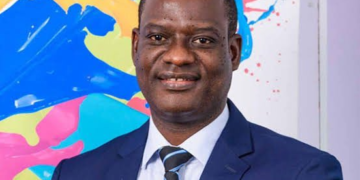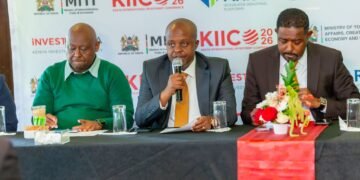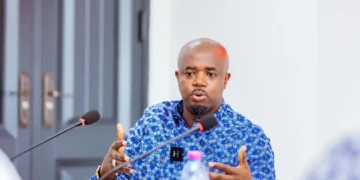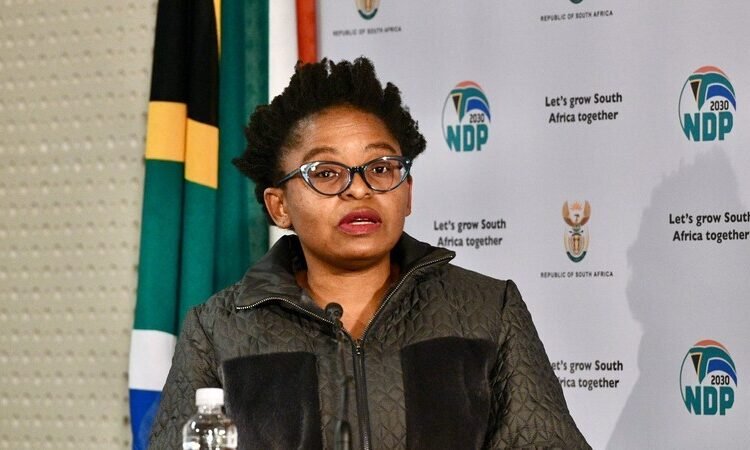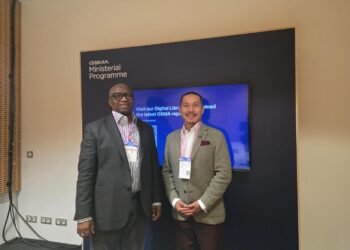Minister in The Presidency Khumbudzo Ntshavheni has highlighted the importance of investing in education as a key factor for Africa’s development.
“Access to education is the cornerstone of intellectual progress. We must prioritise education from early childhood to higher learning, ensuring that every African child has the opportunity to realise its potential,” Ntshavheni said on Friday.
Delivering the 3rd OR Tambo Annual Memorial Lecture at the University of South Africa in Pretoria, the Minister said investing in education will create a generation of critical thinkers, inventors and problem solvers.
“Africa has often been portrayed through stereotypes that do not do justice to its complex reality. By reclaiming Africa’s intellectual future, we challenge these stereotypes and present a more accurate and dynamic image of the continent.
“By investing in quality education systems, we empower the next generation of African thinkers to build on the achievements of their predecessors. This includes fostering critical thinking, research and innovation.
“Intellectual progress is often born from open and inclusive dialogue. It is essential to create platforms and spaces for African intellectuals to engage with global conversations.”
She said this exchange of ideas can lead to innovative solutions to local and global challenges.
“Collaboration between African intellectuals and their counterparts worldwide can lead to a development of new ideas and solutions. Encouraging partnerships can help harness the full potential of Africa’s intellectual capital.”
South Africa’s Census 2022 national results showed that 60.2% of children are in early childhood learning while 5.3million children are not participating in the early childhood development (ECD) programme.
The Minister Expressed concern at the statistics of children not participating in ECD while affirming government’s commitment towards working on measures to ensure their participation.
“The number of children with no access to education has declined to just 6.9% and the number completing Grade 12 has also increased to 37.6% from a mere 16.3% in 1996.
“Post school graduates have grown to 12.2%. As we commit to leave no one behind, we challenge universities to find mechanisms to ensure that broader access to quality and relevant post education for all,” Ntshavheni said.
With the lecture taking place under the theme: ‘Reclaiming Africa’s Intellectual Futures,’ the Minister emphasised the importance of promoting research and innovation.
“Africa has a wealth of untapped potential in the fields of science and technology and innovation,” she said.



